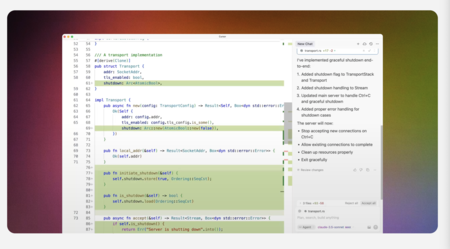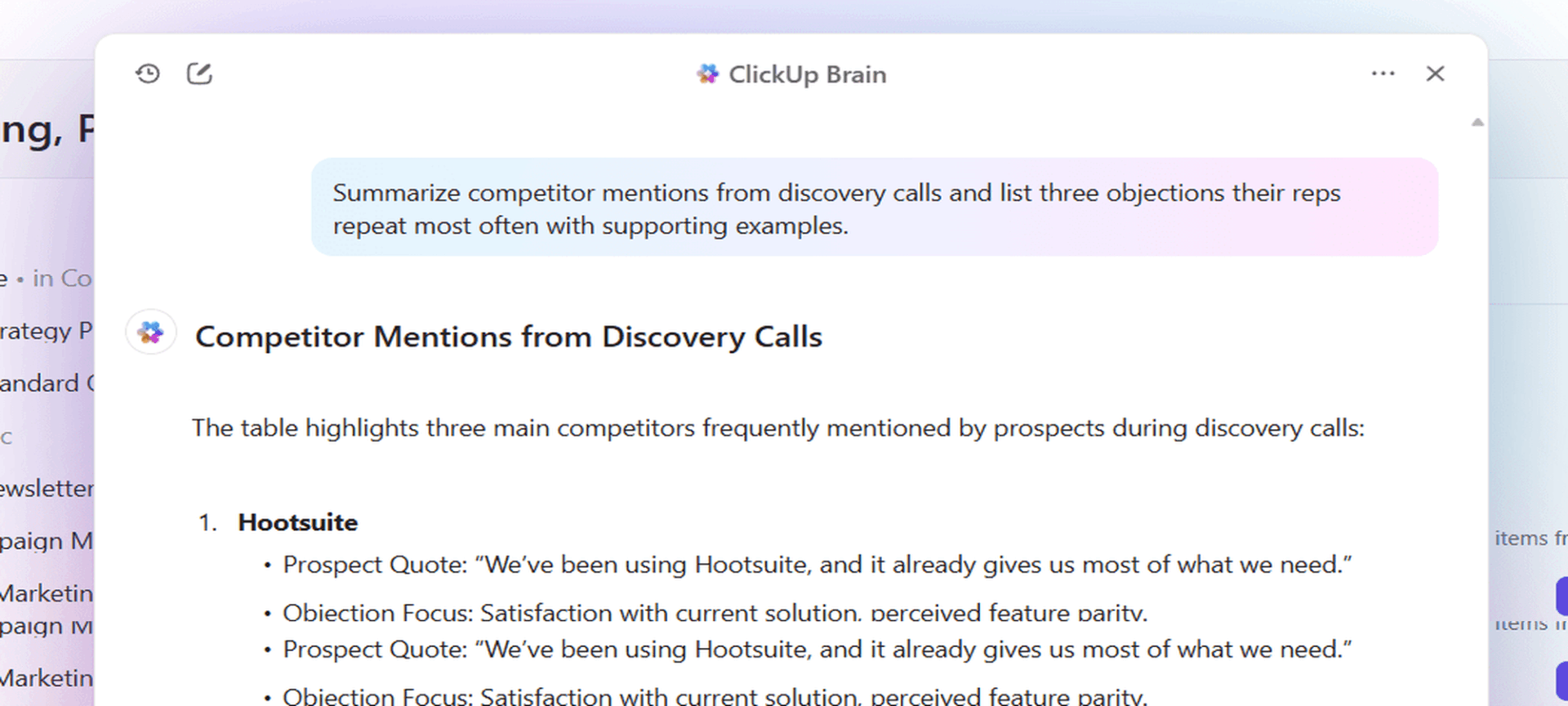What happens when you give an advanced artificial intelligence platform to a group of expert developers and ask them to work on tasks that they know in detail? The logical thing would be to wait a productivity jump, a great combination between experience human and technological assistance. The tools are there, the flows are learned, the learning curve is not an obstacle.
But it was not so. What happened even surprised the authors of the study, according to Reuters: the AI did not improve the results. He got them worse. And he did it in such a subtle way that not even the developers themselves realized. The report does not talk about critical failures or serious mistakes, but the effect was clear: the work became slower. Slower than it would have been without artificial intelligence in between.
More does not always mean more productivity
Before starting, everyone agreed on something: using artificial intelligence was going to save them time. In fact, they estimated that their tasks would finish 24 % faster. It was a reasonable expectation, based on their experience and how these tools were presented. And when they ended, they were still convinced of having achieved it: their estimate was that They had been 20 % faster. In his own words, AI had allowed them to advance without blockages, without interruptions, with a more agile workflow.
But not. Actually, they had taken longer. A lot more. The general average of the group was a 19 % increase in total time during the test by Metr. It is not a minor difference. And it is even more striking if one takes into account that we talk about tasks that they themselves had defined as relevant, useful and realistic: bugs correction, new functionalities, refactors. They were not exercises designed to test the AI, but real work, of the one that is done every day in any mature project.
The difference was so great that he left even words even to those responsible for the study. The developers were not novice or learning on the fly. They had been working on those same projects for years, They knew the repositories in detailThey knew what was behind each file and each function. They were in their field. And, yet, the tools of AI did not facilitate work. They complicated it.

Part of the explanation is how these platforms work. The suggestions they offered were not entirely incorrect, but imprecise. They were often well aimed, but required adjustments. And those adjustments, instead of saving time, elongated it. Check, correct, check. Start over. What promised to be an aid became a more intermediate process: an additional layer between thought and the solution.
The feeling of fluidity was misleading. They started with a base, yes, but that base rarely served as is. You had to crumble itunderstand what the model had wanted to say, compare with what already existed and rebuild what is necessary. As if each suggestion came with an invisible asterisk. A non -valid line of default code. The illusion of progress faster was held until the time came to compile, try or make a serious review of the code generated.


And yet, many of the participants continue to use those same tools in their day to day. Not because they save them time, but because they do the most bearable job. In the study they mainly used cursor, a platform that integrates advanced language models such as Claude 3.5 and 3.7 Sonnet, and that allows writing, completing and reviewing code directly from the development environment. Cursor does not do everything for you, but he accompanies you. That company, even when it is not entirely efficient, can make programming less exhausting.

The AI converts the effort to program in something more similar to being an orchestra director that to build everything from scratch with a solid knowledge base. We are already seeing it with the phenomenon vibe coding. In the midst of this scenario we have seen companies They cut development equipment Because of the possibilities offered by AI, although some have had to return on their steps. AI is a valuable tool, but it doesn’t help everyone equally.
Images | PROCREATOR GLOBAL UI UX DESIGN AGENCY | Nubelson Fernandes | Cursor
In WorldOfSoftware | Nvidia reached 4 billion dollars of capitalization for one reason: its privileged position in the AI boom











